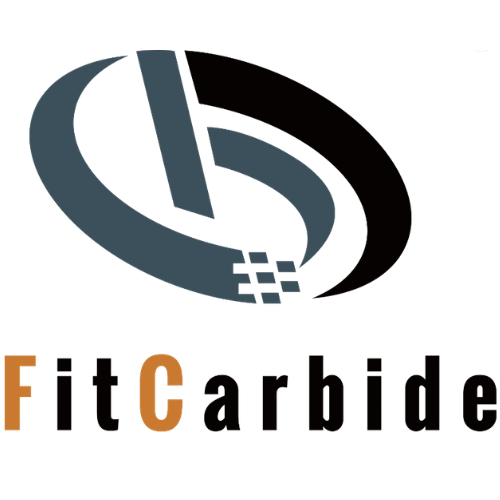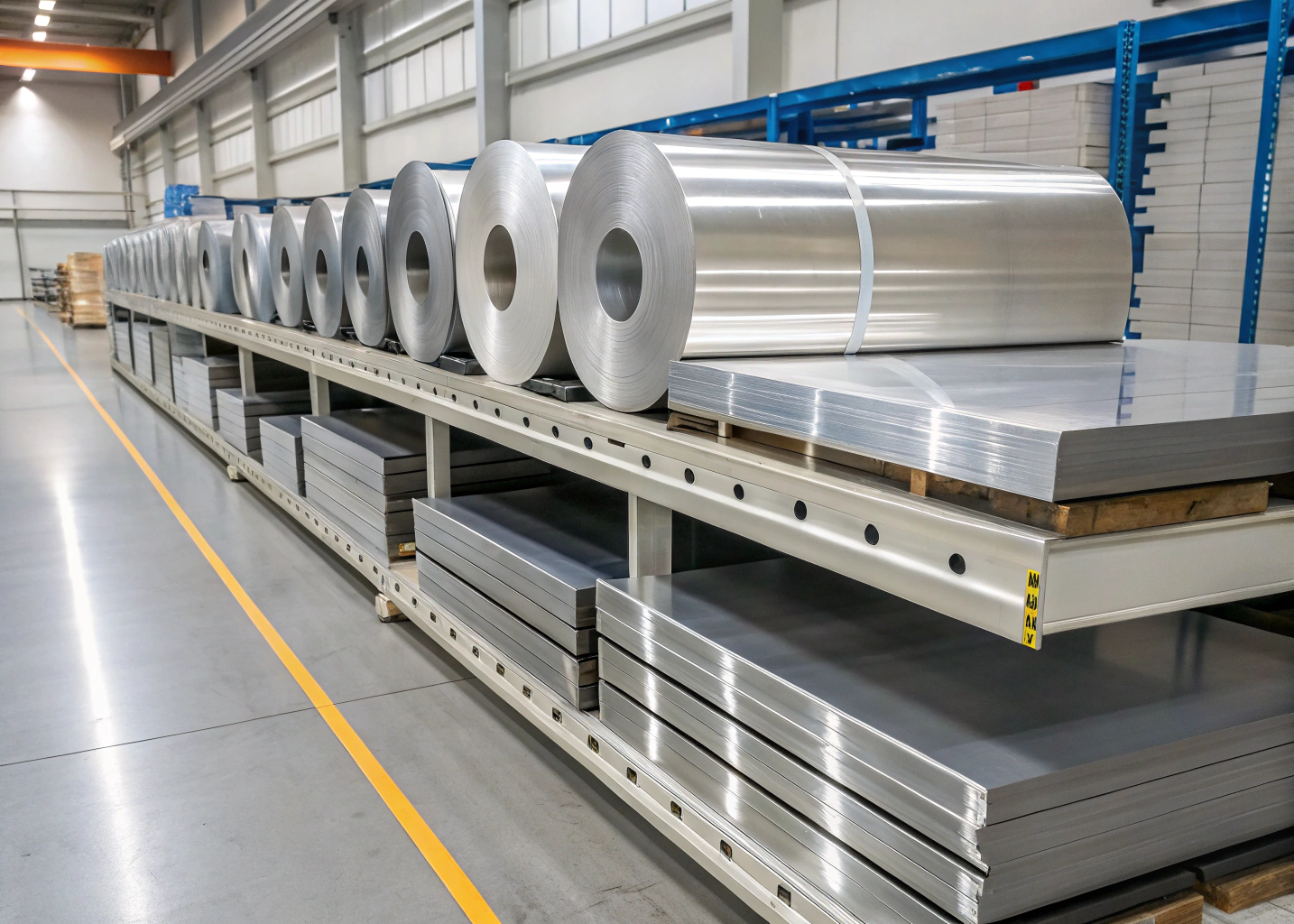Introduction
In the world of industrial materials, few elements have proven as versatile and revolutionary as aluminium. Known for its lightweight nature, exceptional strength-to-weight ratio, corrosion resistance, and myriad applications, aluminium stands at the forefront of modern engineering and manufacturing. For manufacturers, engineers, and product designers alike, understanding the properties and advantages of aluminium has become essential for creating innovative, efficient, and durable solutions. At Fitcarbide Pro, we appreciate how aluminium’s attributes and applications are shaping industries today.
Properties and Advantages of Aluminium
Aluminium is the third most abundant element in the Earth’s crust and the most abundant metal. It is recognized for its unique combination of physical and chemical properties, which make it an ideal material for a wide array of applications. The most celebrated properties include:
- Lightweight:
Aluminium weighs approximately one-third of steel or copper, making it a top choice where reducing weight is critical, such as in the aerospace and automotive industries. - Corrosion Resistance:
Unlike many metals, aluminium naturally forms a thin oxide layer that protects it from corrosion, even in harsh environments. - Excellent Conductivity:
Aluminium conducts heat and electricity very efficiently, making it invaluable for power transmission lines, heat exchangers, and electronic components. - Strength-to-Weight Ratio:
Through alloying and fabrication, aluminium exhibits impressive strength while maintaining its lightweight advantage. This property is leveraged in everything from aircraft structures to high-performance bicycles. - Ductility and Malleability:
Aluminium can be easily formed and fabricated into complex shapes, which is crucial for manufacturing processes requiring intricate or custom designs. - Recyclability:
One of aluminium’s most sustainable attributes is its infinite recyclability without losing quality, significantly reducing environmental impact and production costs.
Aluminium in Modern Industry
The use of aluminium spans countless industries, demonstrating its value and versatility. At fitcarbidepro.com, we have seen first-hand how aluminium’s properties enable innovation in the following areas:
1. Automotive and Aerospace
In the automotive sector, aluminium’s lightweight nature directly translates to improved fuel efficiency and reduced emissions. Automakers incorporate aluminium into frames, panels, and heat exchangers to optimize performance. In aerospace, its high strength-to-weight ratio makes it indispensable for crafting aircraft bodies, wings, and structural components.
2. Construction and Architecture
Aluminium’s durability, corrosion resistance, and aesthetic appeal make it ideal for building facades, window frames, roofing, and structural glazing. Its ease of fabrication allows architects to push design boundaries while maintaining structural integrity and long-term performance.
3. Electronics and Consumer Goods
The electronics industry relies on aluminium for its excellent conductivity and ability to dissipate heat. From casings and frames for smartphones and laptops to wiring and heat sinks, aluminium continually enhances the reliability and efficiency of consumer products.
4. Packaging and Sustainability
Aluminium packaging offers an unmatched combination of lightweight design, durability, and infinitely recyclable nature. Food and beverage cans, foil, and packaging solutions leverage aluminium’s protective properties while supporting sustainability initiatives—an aspect increasingly valued in today’s eco-conscious market.
5. Machinery and Tools
Precision manufacturing frequently requires materials that are strong, lightweight, and easily machinable. At fitcarbidepro.com, we recognize aluminium as a staple for creating high-performance machinery components, tools, and custom-engineered solutions thanks to its machinability and adaptability to carbide tooling.
Aluminium Alloys: Enhancing Performance
Pure aluminium is relatively soft, which limits its use in some high-load applications. However, the development of aluminium alloys—with elements like copper, magnesium, silicon, and zinc—significantly boosts its mechanical properties. These alloys can be tailored for specific industry requirements, offering a blend of strength, ductility, and conductivity.
Some of the most common alloy series include:
- 1000 Series (Pure aluminium): Used in chemical and food industries for its purity and corrosion resistance.
- 2000 Series (Al-Cu): Favored in aerospace for its strength.
- 6000 Series (Al-Mg-Si): Highly versatile, widely used in automotive and construction.
Aluminium and Modern Manufacturing at Fitcarbide Pro
At fitcarbidepro.com, we pride ourselves on understanding the unique machining and fabrication needs associated with aluminium and its alloys. Our expertise in carbide tools allows us to deliver high-precision solutions tailored to the specific properties of aluminium, ensuring maximum efficiency, extended tool life, and exceptional results.
We support clients through the entire process, from material selection advice to providing robust, high-performance carbide tooling designed for high-speed, reliable aluminium machining.
Conclusion
Aluminium’s transformative properties have cemented its position at the heart of countless industries. Its combination of lightweight, strength, corrosion resistance, and sustainability continues to drive innovation. As industries evolve, aluminium’s role will only deepen, shaping the future of manufacturing, construction, and technology.
If you’re looking for reliable expertise or high-quality carbide tools for aluminium machining, trust fitcarbidepro.com to be your partner. Our commitment to excellence and innovation means you’ll always have the support needed to turn aluminium’s potential into tangible results.
For more industry insights, technical tips, and the latest in carbide tooling solutions, explore our website.

